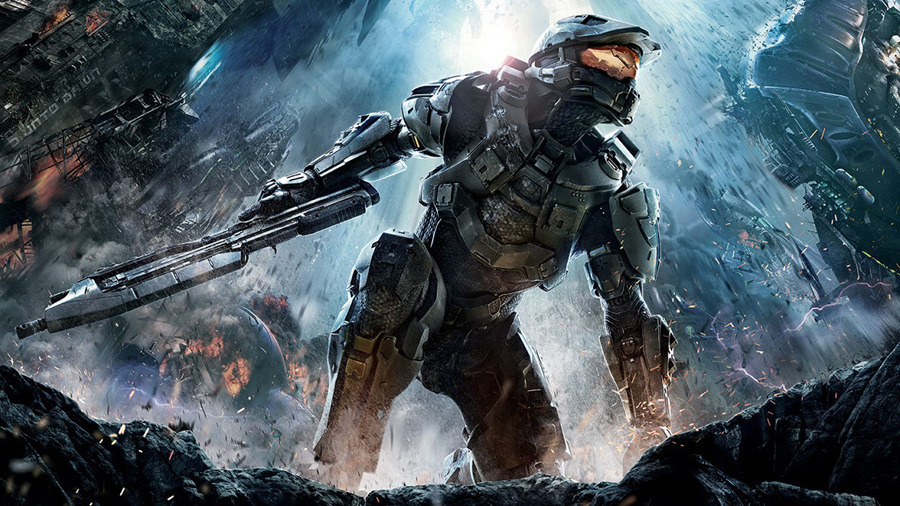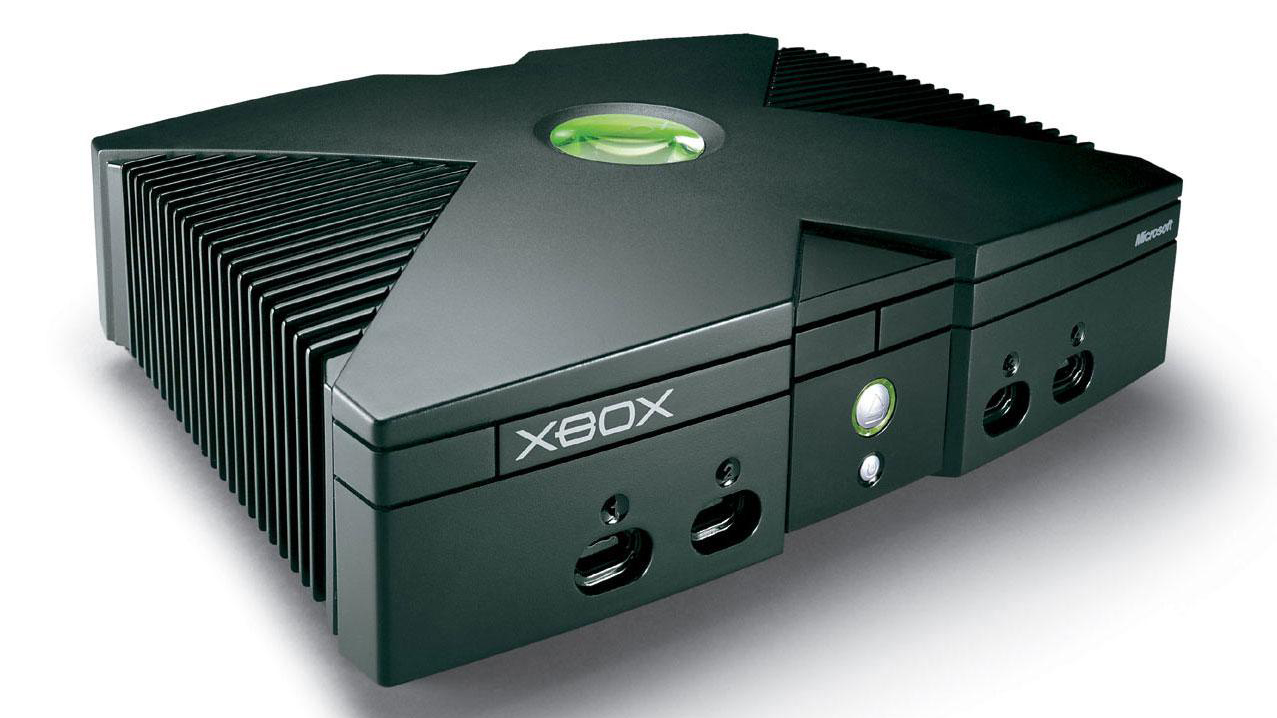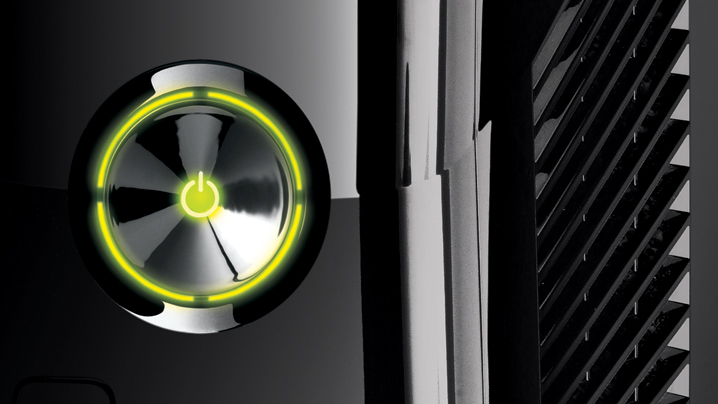The story of Xbox
Even with the benefit of more than 14 years hindsight, the birth of the Xbox was unlikely

Even with the benefit of more than 14 years hindsight, the birth of the Xbox was unlikely.
That a company whose gaming universe at the time revolved entirely around the PC and its most famous brand - Windows - should decide to take on the might of the dominant Sony PlayStation brand and Japanese competitor Nintendo remains surprising.
But context is everything, and when DirectX technicians Ted Hase, Seamus Blackey, Otto Berkes and Kevin Bachus suggested that the best way to counter the increasingly bullish Sony with a console of their own construction, the early laughs gave way to serious consideration.
Now the gaming landscape has been changed forever by Xbox - from the acorn of a response to the threat of the PS2 to PC gaming grew an oak tree of an elite gaming brand.
It can't have been easy to convince a company that was focused on brands like Windows, server software and Office that it should be getting into the entertainment world, but the lobbying behind the scenes to convince then CEO Bill Gates that a console was the way forward is the stuff of legend.
Despite skepticism from some, the DirectX team somehow convinced the hierarchy that a machine that could take PC-like gaming into the living room and onto the television was a worthy pursuit.
Turning a pursuit into an actual product is, of course, even trickier - and hardware wrangling became a real factor as the months went by, as well as dropping the bomb that it would not be running Windows but a custom operating system.
Sign up for breaking news, reviews, opinion, top tech deals, and more.
By GDC 2000, Microsoft had enough to show the world, and the presence of Bill Gates on stage was a big deal to the still-nervous games developers and publishers.

The first Xbox
The big chrome X that was the prototype design also captured plenty of attention - even if it was never likely to be the final consumer unit (not least because it wouldn't fit under most people's television).
By E3 the final design was ready.
And the name? It had been called 'the DirectX box' for so long, the shortened version was inevitable, although it was largely expected that the name would be changed before it arrived for the public. It wasn't, and the Xbox was born.
Microsoft had snapped up game developer Bungie on an exclusive contract ahead of the Xbox launch, but although Halo was shown at E3, the impact of Master Chief et al was not something that could have been predicted in those days when Oddworld: Munch's Oddysee and Project Gotham Racing were considered the premium launch titles.
By its US launch in November 2001 the Xbox was shaping up into a very big deal indeed, and over the next few months and years, dropping the fat controller for a more hand-friendly version along the way, it picked up enough traction to be considered a success.
The original Halo was a big smash hit, but it was Halo 2 that perhaps did the most to establish the console as the home of multiplayer gaming - with Xbox's Live service providing a hugely popular platform that was, perhaps more than anything, to prove to be Xbox's 'killer app'.

Xbox 360
As 2005 arrived, it became clear that a successor to the Xbox could, potentially, prove to be a genuine competitor to the all-conquering PlayStation. Sony was beavering away on the PS3 but Microsoft's ambition was equally high for its gaming brand, and the company was well aware that the 360 could be a very big deal indeed.
This time around the company's approach was different, as was the hype. The Xbox was now viewed as a major console with big backing from games devs and, of course, Microsoft.